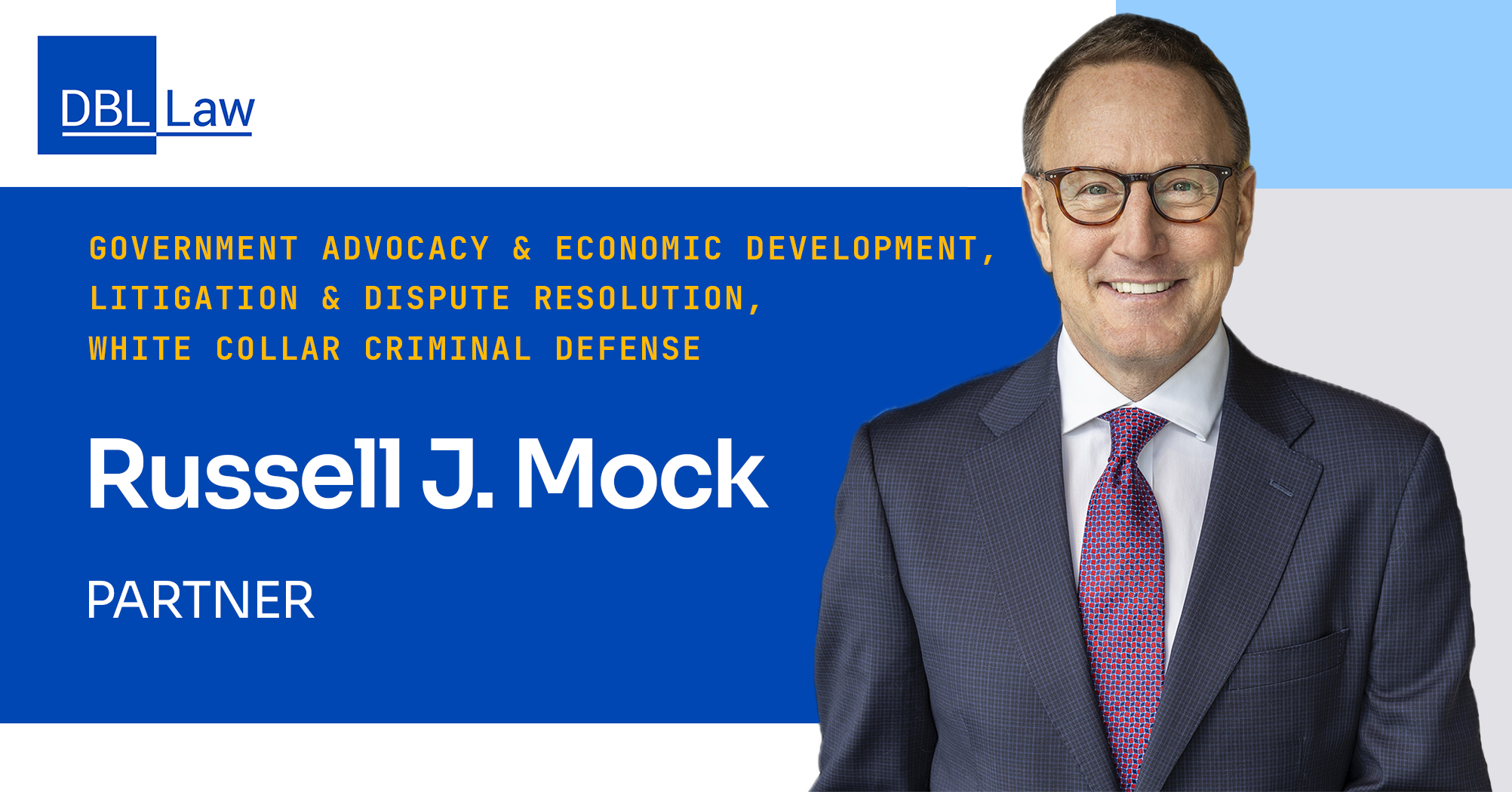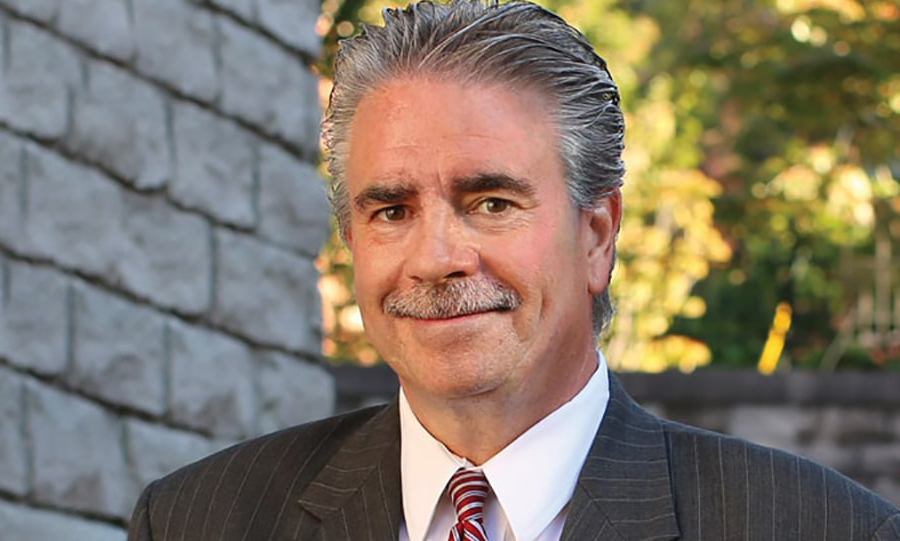Jason Small v. Memphis Light, Gas & Water, 593 U.S. ___ (2021)
Decided: April 5, 2021
The United States Supreme Court was presented the opportunity to hear an appeal concerning workplace religious accommodations, but elected to potentially change its course of direction for another day. The appeal could have established a different standard that employers must follow in order to accommodate the religious beliefs of workers. However, in electing to not hear the appeal of Jason Small v. Memphis Light, Gas & Water, two of the Court’s justices have put employers on notice that they are ready to correct the Court’s past “mistake.”
Recently, religious claims have taken center stage in our nation due to churches challenging COVID 19 restrictions and employers pushing back on providing healthcare requirements that go against their religious beliefs. Specifically, Title VII is the federal statute that prohibits discrimination on the basis of religion and requires employers to afford requested religious accommodations unless doing so would impose an “undue hardship” on them. 78 Stat. 253, 255, 42 U. S. C. §§2000e(j), 2000e–2(a). However, in 1977 the Supreme Court held that an employer does not need to provide a religious accommodation that involves “more than a de minimis” or minimal cost. Trans World Airlines, Inc. v. Hardison, 432 U. S. 63, 84 (1977). As a result, employers more often than not can avoid making accommodations in many situations in regards to such religious requests.
Over the years, Congress has adopted additional civil rights laws using the “undue hardship’ standard. When applying those laws, courts are far more demanding. For example, the Americans with Disabilities Act of 1990 (ADA) requires a covered employer to accommodate an employee’s “known physical or mental limitations” unless doing so would impose an “undue hardship.” 104 Stat. 332, 42 U. S. C. §12112(b)(5)(A). The Uniformed Services Employment and Reemployment Rights Act (USERRA) obliges an employer to restore a returning United States service member to his prior role unless doing so would cause an “undue hardship.” 38 U. S. C. §§4303(10), 4313(a)(1)(B), (a)(2)(B). Finally, the Affordable Care Act (ACA) provides that a covered employer must provide a nursing mother with work breaks unless doing so would impose an “undue hardship.” 124 Stat. 577, 29 U. S. C. §207(r)(3). Under all three statutes, an employer must provide an accommodation unless doing so would impose “significant difficulty or expense” in light of the employer’s financial resources, the number of individuals it employs, and the nature of its operations and facilities. However, Title VII’s right to religious exercise has become the odd man out.
As Jason Small v. Memphis Light, Gas & Water illustrates, an employer may dispense of an employee nearly at whim. Specifically, Jason Small worked as an electrician for over a decade with Memphis Light, Gas & Water. After experiencing an injury that required him to transfer jobs, his employer offered him a new position. Mr. Small, a Jehovah’s Witness, worried that the new job would conflict with his desire to attend church services and take part in community work on Saturdays. After Mr. Small was suspended for two days without pay upon going to church on Good Friday when his vacation request was canceled by his employer, he filed suit alleging religious discrimination. The district court indicated that Mr. Small’s employer “sufficiently satisfied its obligation to demonstrate… an undue hardship,” while the Sixth Circuit held that Mr. Small’s requested accommodation involved “more than a de minimis” cost, and the company therefore did not have to provide it.
In comparison, under the ADA, courts have required employers to alter the snack break schedule for a diabetic employee because doing so would not pose an undue hardship. Yet, other courts have held that it would be an undue hardship to require an employer to shift a meal break for Muslim employees during Ramadan. Thus, religious accommodations have increasingly experienced uneven results in the workplace compared to other employment statutes.
Had the Court decided to hear this case, a ruling overturning forty plus years of legal precedent could of affected employer’s dress codes, work schedules that permit employee worship, and other religious accommodations. While the Court elected to address religious accommodations for another day, what is clearly apparent is that it may only be a matter of time before the Court revisits its de minimis burden standard and establishes a more employee friendly approach that could put an additional burden on businesses.





